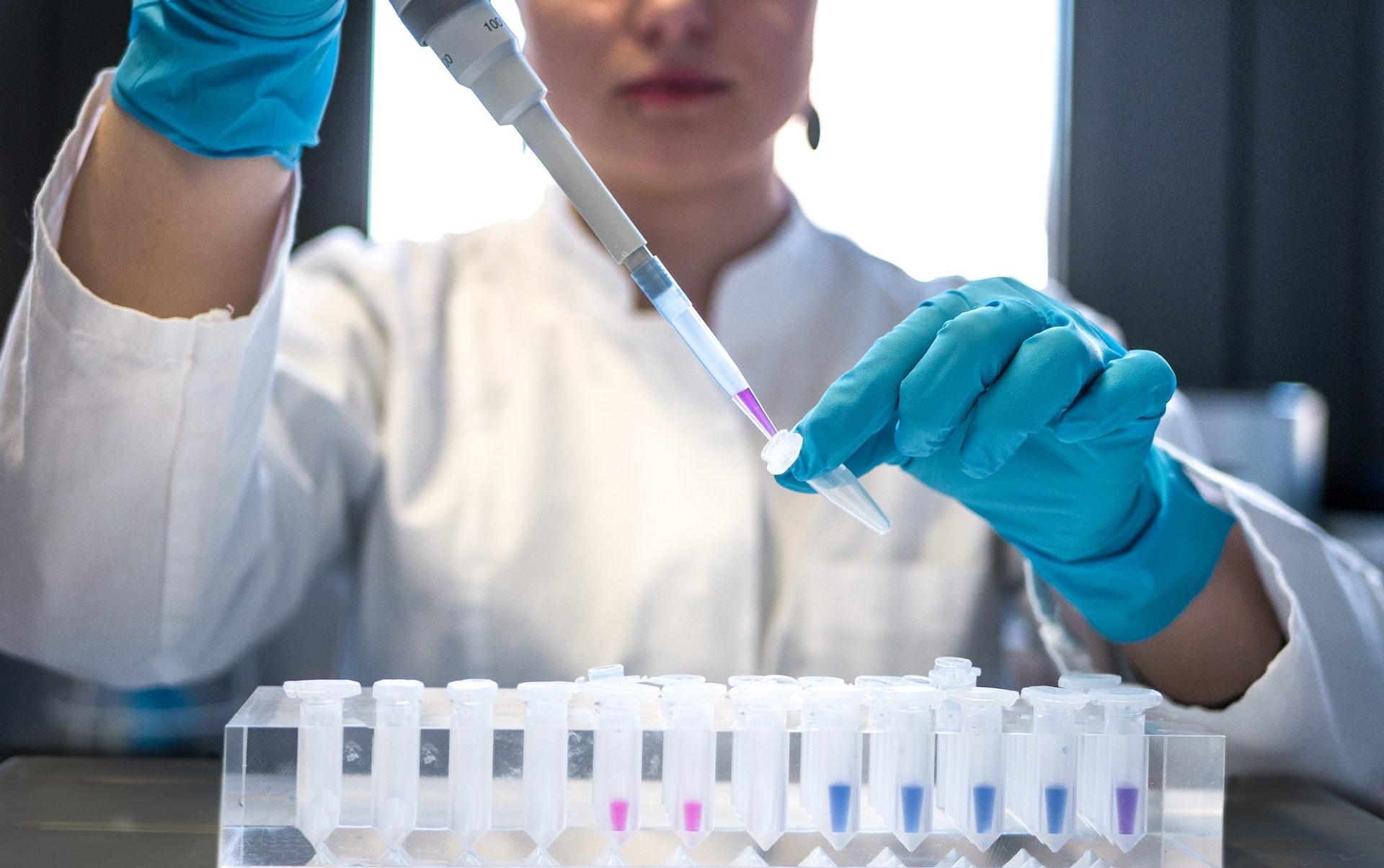Cellular immunity against SARS-CoV-2

We have examined the immune response to SARS-CoV-2 spike (S) and nucleoprotein (N) and to multiple sclerosis (MS) autoantigens after natural infection, in Long-Covid syndrome and after Covid-19 vaccination. A particular focus was on SARS-CoV-1 natural infection or vaccination induce autoimmunity.
Background
Besides symptoms of upper respiratory tract infections, a wide range of organ manifestations of various severity grades has been observed after SARS-CoV-2 infection. Based on predisposing factors such as age, comorbidities, likely genetic factors and prior environmental exposures, different pathomechanisms have been implicated including damage of cells and tissues by viral infection, indirect effects by virus-specific immune responses with similar results, and the induction of autoimmune reactions.
Aim
We aimed to understand the following aspects of SARS-CoV-2-associated immunity: the phenotype and antigen specificity of SARS-CoV-2-specific T cells after infection, vaccination and in Long-Covid syndrome and the induction of autoreactivity against central nervous system (CNS) /MS autoantigens in Long-Covid syndrome, after infection and vaccination. With an unbiased search for cross-reactive autoantigens for SARS-CoV-2 S- or N-antigen-specific T cell clones we were reaching out for an exploratory treatment attempt with paraprobiotics in Long-Covid syndrome patients.
Results
Both natural infection and mRNA vaccination induce very robust T cell responses against SARS-CoV-2 S- (infection and vaccination) and N-protein (infection) in every examined individual. In Long-Covid syndrome patients, more than 50% show reactivity against MS autoantigens to a degree that is comparable to what we observe in MS patients. Further characterization of the acquired immune cells is pending, and examination of clinical, neurocognitive, fatigue, autonomous nervous system function and quality of life parameters in relation to the immunological findings are pending.
Two vaccinees, who developed MS after mRNA vaccination have been studied in detail. In both individuals, we show by studying peripheral blood-derived S-antigen-specific T cells and also T cells from the cerebrospinal fluid (CSF) that S-Ag vaccination is able to induce cross-reactive CD4+ T cells that recognized MS autoantigens. The demonstration of molecular mimicry at the level of single T cell clones indicates that the strong S-Ag-specific T cell response can elicit a CNS autoimmune disease in predisposed individuals. However, epidemiologic data indicate that such events are very rare and more likely to occur after the natural infection.
We systematically examined clinical, neurocognitive deficits, fatigue and quality of life parameters and, in parallel, a battery of immune parameters including innate and adaptive immune changes in a small group of Long-Covid syndrome patients before and after 1 month of administration of paraprobiotics, for which immunomodulatory effects had been shown previously. Our preliminary data indicate that several of the above parameters are positively altered, however, preferentially in young individuals.
Individual T cell clones from the CSF of the above vaccinees are currently being examined with an unbiased antigen discovery approach for cross-reactivity against human and also bacterial and viral targets.
Specific contribution to tackle the current pandemic
Our results indicate that both natural infection and mRNA vaccination lead to robust T cell responses against SARS-CoV-2 S- and N-Ag. Long-Covid syndrome patients appear to mount cross-reactive immune responses against CNS autoantigens as well. It will be important to understand this aspect better particularly because two Covid-19 vaccinees developed MS. Paraprobiotics, probiotics and antigen-specific tolerization should be examined in more depth as possible treatment approaches for Long-Covid.
Original title
Protective and Pathogenic T Cell Immunity During SARS-CoV-2 Infection
